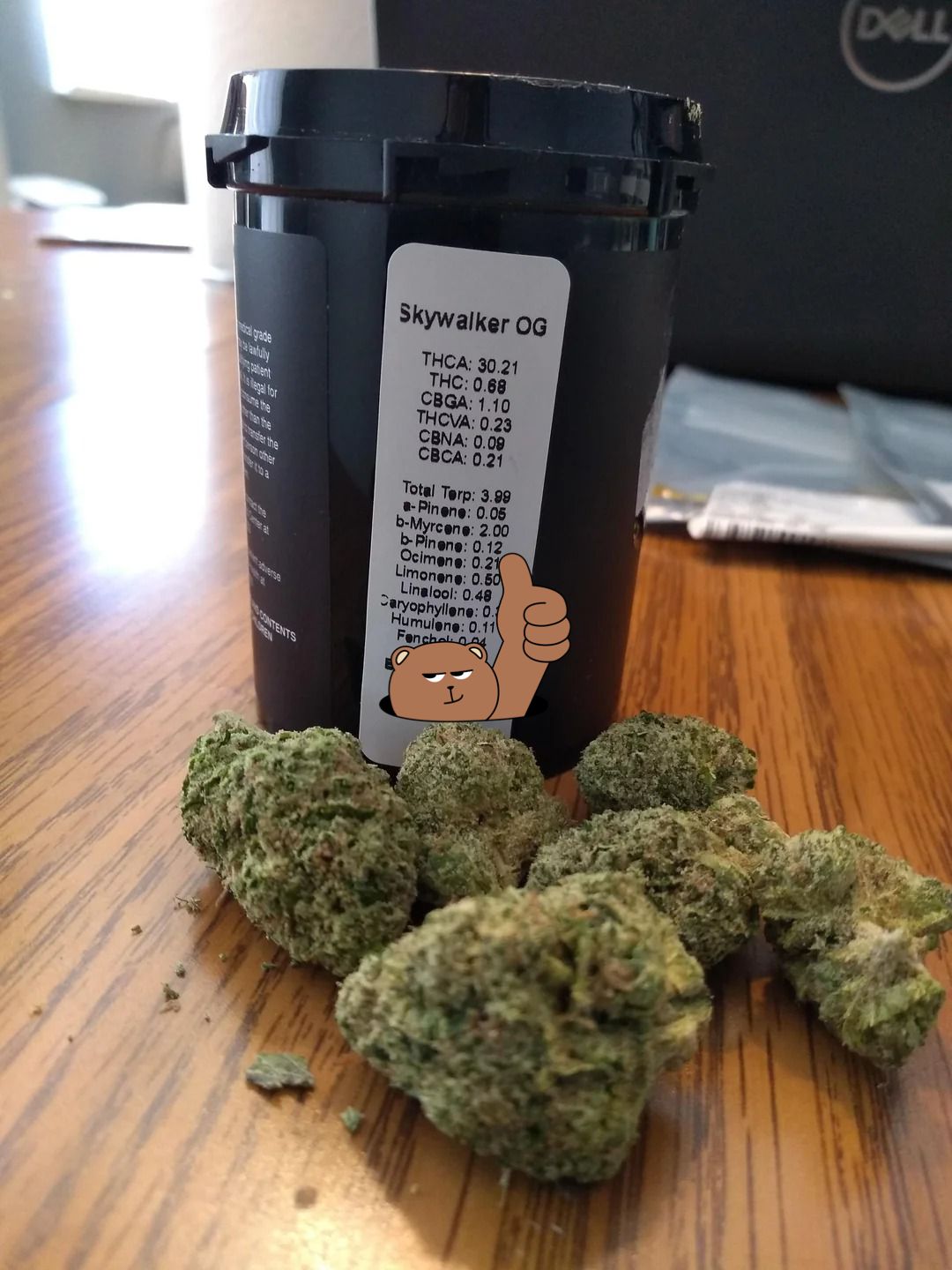The Growing Discussion of Weed in Cúcuta: Legalization, Culture, and Challenges

The city has long been a crossroads of commerce, culture, and politics due to its proximity to Venezuela. In recent years, however, Cúcuta has found itself caught in a shifting conversation surrounding marijuana use and its potential legal and cultural implications. As Colombia continues to revise its cannabis policies, Cúcuta, like many other cities in the country, is grappling with how marijuana fits into the future of its social fabric and economy on weed in Cúcuta.
The Legal Landscape of Marijuana in Cúcuta
This shift in the law came in 2022 when the country’s Constitutional Court made significant strides toward cannabis reform. However, while personal use is legally permitted, public consumption and the sale of marijuana remain prohibited, creating a nuanced situation for cities like Cúcuta on weed in Cúcuta.
For Cúcuta, which shares a border with Venezuela, marijuana use has always been a complex issue, particularly due to the region’s historical ties to the illicit drug trade. This gray area can sometimes lead to confusion among locals and visitors alike on weed in Cúcuta.
While Cúcuta is far from the first city in Colombia to address marijuana reform, the city’s location makes it unique.
Cultural Attitudes Toward Marijuana in Cúcuta
Cúcuta’s cultural relationship with marijuana is evolving. Historically, marijuana use has been associated with the illegal drug trade, and the city’s proximity to the Venezuela-Colombia border has meant that issues of drug trafficking have been highly visible. However, as Colombia’s national laws have slowly relaxed, there has been a noticeable shift in how marijuana is perceived, especially among younger people.
Cannabis use is becoming more common in social circles, particularly in private gatherings and among university students.
However, Cúcuta, like many border cities, still has a mix of conservative and progressive views on marijuana. Older generations, particularly those who remember the violent years tied to drug cartels, remain wary of any substance linked to the illicit trade. This generational divide is often a topic of debate in the city, with younger residents advocating for the full legalization of marijuana while older individuals express concern about the social and health consequences of looser regulations.
Economic Potential of Cannabis in Cúcuta
In addition to its cultural implications, marijuana also presents economic opportunities for Cúcuta. As Colombia explores the potential of a legal cannabis market, Cúcuta’s strategic location could provide it with an opportunity to capitalize on the growing industry. Colombia is already a major player in the international medical cannabis market, and there is growing interest in cannabis-related businesses, from cultivation to the production of wellness products like CBD oils and edibles.
For Cúcuta, the legalization of marijuana could create jobs, attract investment, and help boost the local economy. Moreover, Cúcuta’s agricultural sector could benefit from the legal cultivation of marijuana, as local farmers may be able to diversify their crops by producing cannabis, potentially offering an alternative to illegal crops.
Additionally, the legalization of marijuana could reduce the influence of drug cartels in the region. By transitioning marijuana production to a regulated, legal market, Cúcuta could play a part in reducing illicit trade and bringing more stability to the border area.
Social and Health Considerations
While there are clear economic benefits to marijuana legalization in Cúcuta, there are also health and social considerations to address. Advocates of marijuana use highlight its potential medical benefits, including pain management and treatment for anxiety. However, concerns remain regarding its effects on mental health, particularly among young people.
Cúcuta, as a border city with diverse social dynamics, will need to strike a balance between embracing the economic potential of the cannabis industry and addressing the potential health impacts on its population. Public education campaigns around responsible marijuana use, along with clear guidelines about public consumption, will be crucial in shaping the future of cannabis in the city.
Conclusion
Cúcuta is navigating a complex and evolving conversation about marijuana use, legalization, and its cultural and economic impact. As Colombia continues to relax its marijuana laws, Cúcuta finds itself at a crossroads—balancing the potential benefits of a growing cannabis industry with the need to address public health and social concerns.

Skywalker product exceeded my expectations in both potency and purity, I really appreciated the discretion and professionalism in the delivery process , you can reach to him on Telegram t.me/skywalkerOG_1 and also there email realskywalkerog1@gmail.com
“Man, that skywalker OG you gave me last night was fire. Smoothest smoke I’ve had in months.”

Great service, easy to work with and I’m very satisfied. I’m so happy I found skywalker here. He is super responsive, on time and the quality of weed he sells are serious on point and top notch.